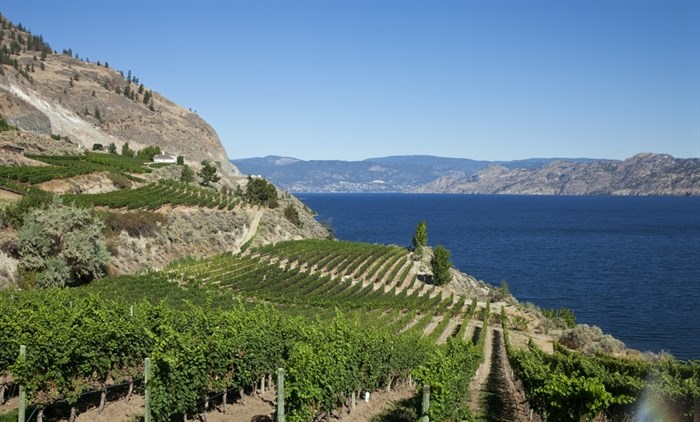
Okanagan Valley residents can take a lesson in what not to do from the drought in California.
Image Credit: Shutterstock
May 05, 2015 - 8:31 AM
KELOWNA - With snowpack levels on the west side of Okanagan Lake at extremely low levels coupled with the dry winter the valley has just experienced, a comparison with drought-stricken California and the measures they must now take to avoid catastrophe is perhaps inevitable.
“People say jokingly the best planning is done in advance… what we can learn from them is let’s learn from their bad example and not screw up,” says Anna Warwick Sears, executive director of the Okanagan Basin Water Board, the organization created to help communities conserve and manage water in the valley and perhaps avoid California’s fate.
With the California’s snowpack sitting at five per cent of its historical average, Governor Gerry Brown recently announced a mandatory 25 per cent cut in urban water use by next February.
Critics say the governor hasn’t gone far enough, giving agricultural users wide-ranging exemptions and allowing groundwater users until 2040 before regulations are enforced.
Meanwile, the District of West Kelowna has already brought in stage one sprinkling regulations, which restricts the time of day and hose sizes for outdoor lawn and garden watering.
A recent report to district councillors shows the snowpack in the area where the district draws its water is at 48 per cent, the equivalent to a 20-year drought scenario. It came with the warning that the water supply is okay this year but will be under severe pressure should drought conditions persist.
While snowpack levels on the east side of Okanagan Lake are near normal, Warwick Sears says local residents shouldn’t assume it will stay that way.
“We don’t have the population density they do and we are not experiencing the incredibly high demand. This means we can actually move forward with conservation plans and drought planning and these things that are good to have in place before you actually need them,” she adds.
Before valley residents get to be smug, Warwick Sears also points out we have one of the lowest per capita supplies of water, with one of the highest per capita consumption rates in Canada. B.C. only recently introduced the water sustainability act which has yet to be fully rolled out.
“Until recently, B.C. and California were the only jurisdictions in North America which didn’t have groundwater regulations,” she adds.
Getting ahead of the water conservation issue now, will go a long way toward helping avoid the measures Californians are now facing.
“They have let people waste water for so long, not just in agriculture but also in the cities and towns, now suddenly they have so little water they have to introduce these Draconian rules,” Warwick Sears says.
To contact the reporter for this story, email John McDonald at jmcdonald@infonews.ca or call 250-808-0143. To contact the editor, email mjones@infonews.ca or call 250-718-2724.
News from © iNFOnews, 2015